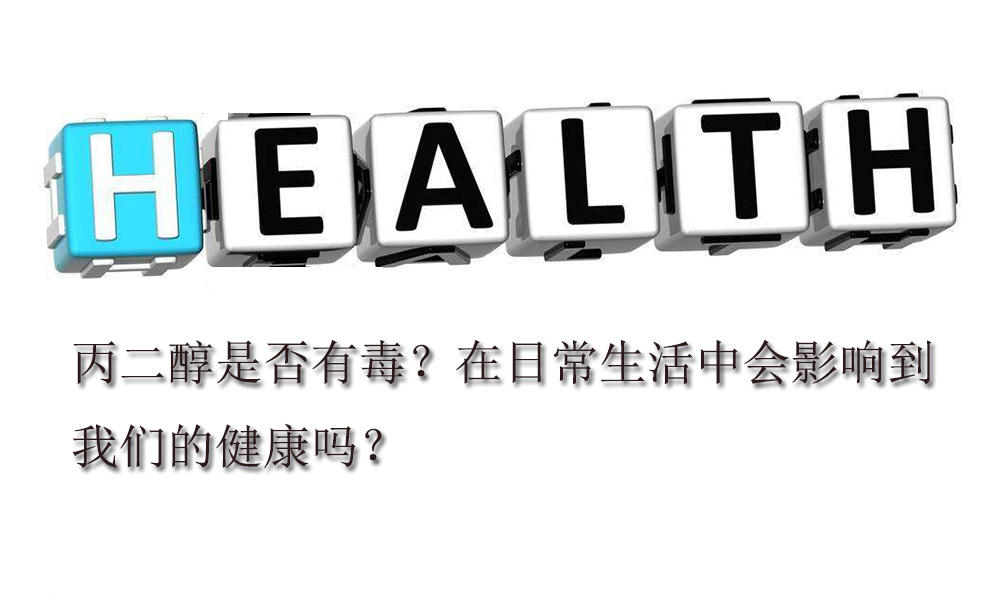
Propylene glycol is an organic compound (diol), usually slightly Sweet, odorless, colorless and transparent oily liquid, hygroscopic and easily mixed with water, acetone, and chloroform.
Is propylene glycol toxic? Will it affect our health in daily life?
The toxicity and irritation of propylene glycol are quite low. Its “toxicity” is mainly reflected in its impact on the nervous system, which only occurs when extremely large doses are ingested (for example, animal experiments show that when the dose is higher than 13.2 grams per kilogram of body weight per day, Propylene glycol can cause central nervous system depression). As long as the prescribed limits are not exceeded, small amounts of ingestion or skin contact are relatively safe. , the irritation of propylene glycol to skin and mucous membranes in general dosage is actually very small. Many water-based human lubricants on the market use propylene glycol and glycerin as key ingredients to achieve moisturizing and thickening effects.
In addition to being used in skin care products, propylene glycol is also a widely used food additive. For example, in the appendix of the “Standards for the Use of Food Additives” (GB2760-2011) issued by the Ministry of Health of my country, the use of propylene glycol is approved for “raw and wet noodle products (such as noodles, dumpling wrappers, wonton wrappers, and siu mai wrappers).” Among the two categories of food and “cakes”, the maximum dosage is 1.5g/Kg and 3g/Kg respectively. This dosage level is considered medium in this standard. Likewise, propylene glycol is approved by the U.S. Food and Drug Administration (FDA) as a food additive. In the Anything Added to Food (EAFUS) catalog, propylene glycol is numbered 1615 and the literature category code is ASP. This means that based on the existing public research evidence, the FDA has not found any reason or risk that propylene glycol cannot be used as a food additive. In other words, as long as propylene glycol is not used outside the scope or in excessive amounts, it is safe for the human body when used in food. Even if it is consumed for a long time, there is no obvious safety hazard.
Propylene glycol that you come into contact with in daily life generally does not cause health hazards, but there are also case reports of individual infants and young children ingesting it and causing poisoning. For example, a two-year-old baby developed symptoms of poisoning from chewing cleaning wipes. Therefore, parents should also take good care of their children to avoid unnecessary harm.

 微信扫一扫打赏
微信扫一扫打赏

